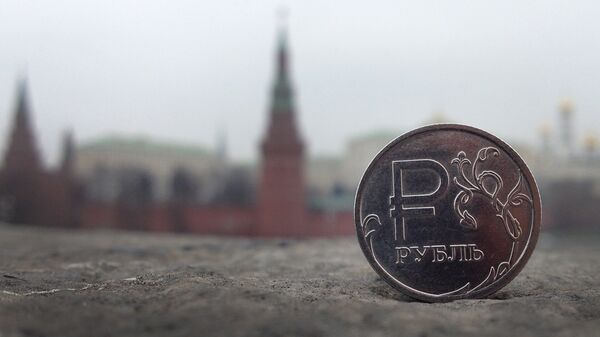"We have a mechanism to compensate for such risks [loss of non-oil and gas budget revenues] ... it is called conditionally approved expenses. For the first year [2020], they make up 2.5 percent of expenses, and it's about 0,5 trillion rubles [$7 bln], the next year it's 5 percent, or about a trillion [rubles]," Kolychev told reporters in Moscow.
Earlier in the day, Moscow Exchange Index fell 10%, while Russia Trading System Index lost 12.6% early on Tuesday following the biggest slump in oil prices nearly in three decades.
Besides the sharp fall in Russia's main indexes, the Russian ruble has also felt a hard blow as the dollar exchange rate has increased by 3.6 rubles to 72.2 rubles, while the euro exchange rate has increased by 4.4 rubles to 81.9 rubles as of 10.06 a.m. Moscow time (07:06 GMT).
OPEC has had production cutting pacts since 2016 with non-member allies led by Russia. The wider alliance, known as OPEC+, met in Vienna last Friday to discuss production cuts. After the talks, OPEC+ issued a statement saying it would continue consultations to stabilise the oil market, without mentioning any deeper cuts.
A technical recession occurs when two consecutive quarters of seasonally adjusted GDP show a negative trend. The last time the Russian economy was in a recession during the crisis of 2014-2015, and it ended in the spring of 2016.


